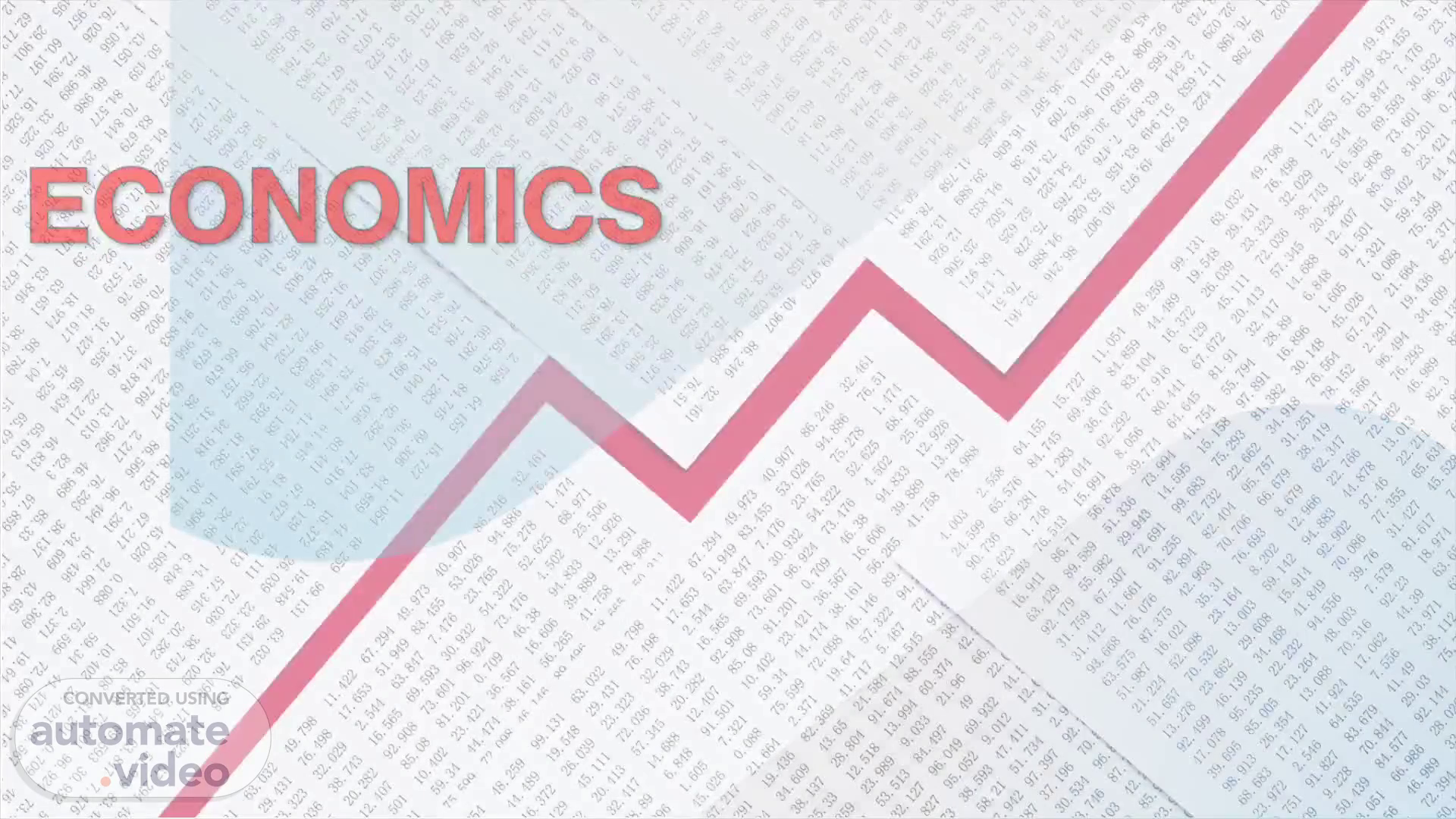Scene 1 (0s)
ECONOMICS. JAY 13 PRIVILEGES. Codes on papers. 5/18/2023.
Scene 2 (10s)
SYLLABUS FOR FIRST TERM. Meaning and Definition of Economics and related Concepts Basic Economic Problems of the Society Basic Tools of Economic Analysis Concepts of Demand and Supply Theory of Production.
Scene 3 (24s)
OBJECTIVES. Definition of Economics Basic Concepts of Economics Why Economics Is a Science Importance Of Economics or Why we Study Economics The Branches Of Economics.
Scene 4 (37s)
Economics has many definitions and these definitions have been propounded by many economists, some of these definitions are as follows.
Scene 5 (51s)
ADAM SMITH. : defined as an inquiry into the nature and causes of wealth In other words, to him economics is the act of making wealth.
Scene 6 (1m 4s)
Alfred Marshal. Calculator pen compass money and a paper with graphs printed on it.
Scene 7 (1m 21s)
John Stuart Mill. defined economics as the practical science of production and distribution of wealth this means economics is concerned with how people produce and distribute various goods and services that are required for the maintenance of human existence.
Scene 8 (1m 36s)
H.J Davenport. said economics is the science that treats phenomena from the standpoint of price Meaning economics deals with anything that has a price value.
Scene 9 (1m 51s)
A.C Pigou. define economics as science of material welfare; meaning economics is a way of acquiring wealth to improve the welfare of human beings.
Scene 10 (2m 4s)
Economics. can be defined or referred to as the study of human behaviour which relates to production consumption demand supply investment savings import export transportation that provide satisfaction to an individual.
Scene 11 (2m 18s)
Professor Lord Lionel Robbins. He defined economics as the science which studies human behaviour as a relationship between ends and scarce means which have alternative uses.
Scene 12 (2m 31s)
CONCEPTS IN THE DEFINITION. ENDS; These are wants, desires or needs SCARCE MEANS; This refers to the ways by which limited resources can be put to use to satisfy numerous human wants or desires ALTERNATIVE USES; refers to resources which can be used for different purposes.
Scene 13 (2m 49s)
BASIC CONCEPTS OF ECONOMICS. 5/18/2023. Sample Footer Text.
Scene 14 (2m 58s)
WANTS. 5/18/2023. Sample Footer Text. 14. simply means the Desire or need to own goods or services that give satisfaction The basic needs or wants or desires of Man are food, shelter and clothing Hence, human wants are insatiable.
Scene 15 (3m 12s)
SCARCITY. It refers to the limited availability of resources used in satisfying the unlimited human wants as described above this limited resources can be; money, workers, machines, factories, raw material etc.
Scene 16 (3m 27s)
CHOICE. Choice implies decision making introduced as a result of many desires and limited resources to satisfy them all at once Choice therefore arises as a result of scarcity, hence the need to select from a group of commodities or need that provides satisfaction out of many.
Scene 17 (3m 45s)
SCALE OF PREFERENCE. This refers to the listing or arrangement of one's needs in order of priority or importance This orderly arrangement of needs, helps one to make rational choices may draw his scale of preference as follows; Suppose, the student has N 26,250 at hand, judging from his scale of preference above, he can afford to purchase only textbooks, exercise books, biro, shirts and trousers as a result of his Limited available resource of N 26.
Scene 18 (4m 10s)
IMPORTANCE OF SCALE OF PREFERENCE. Scale of preference helps us to rank our needs in order of their relative importance It helps or aids an individual to make rational choices It leads to efficient utilization of limited available resources It compels one to plan for the satisfaction of needs It aids one to make choices that give maximum satisfaction It aids an individual the ability to forgo those wants he cannot satisfy due to limited available resources.
Scene 19 (4m 35s)
OPPORTUNITY COST. Opportunity cost means the satisfaction of one want at the expense of another It refers to a want or need that is left unsatisfied to satisfy another more pressing need Therefore, the shoes and sandals not bought become Anthony’s opportunity cost.
Scene 20 (4m 52s)
IMPORTANCE OF OPPORTUNITY COST. It helps individuals and institutions to make wise choices between competing wants They also aid in maximizing the use of scarce resources related to their unlimited wants It helps producers in deciding what techniques of production to use whether capital or labour intensive It helps in preparing budgets and scales of preference.
